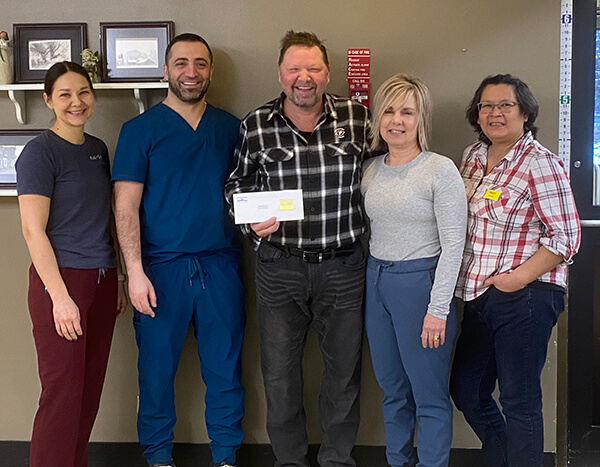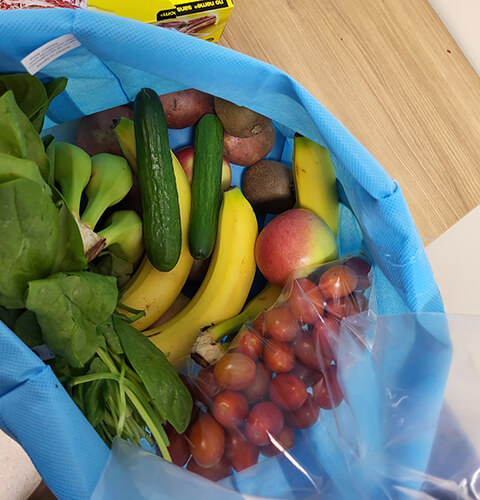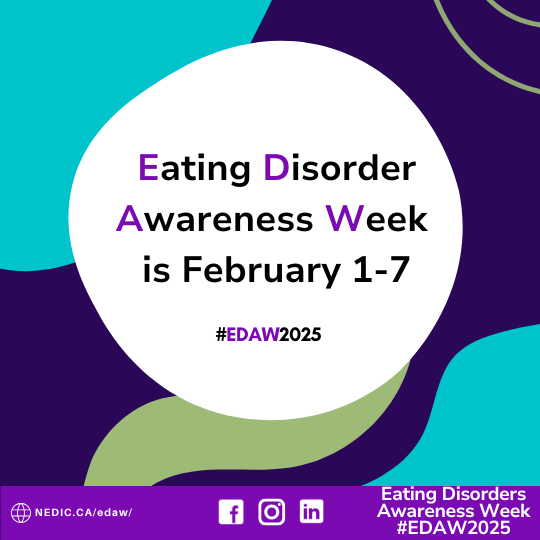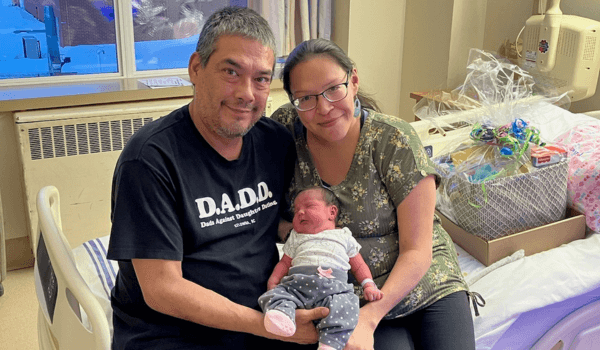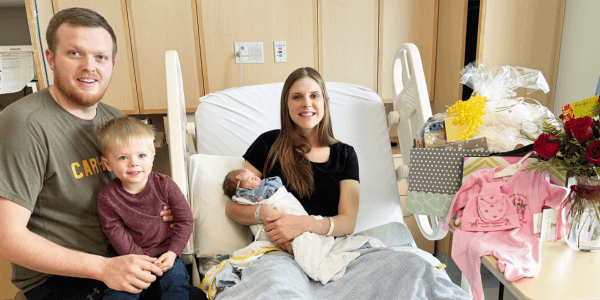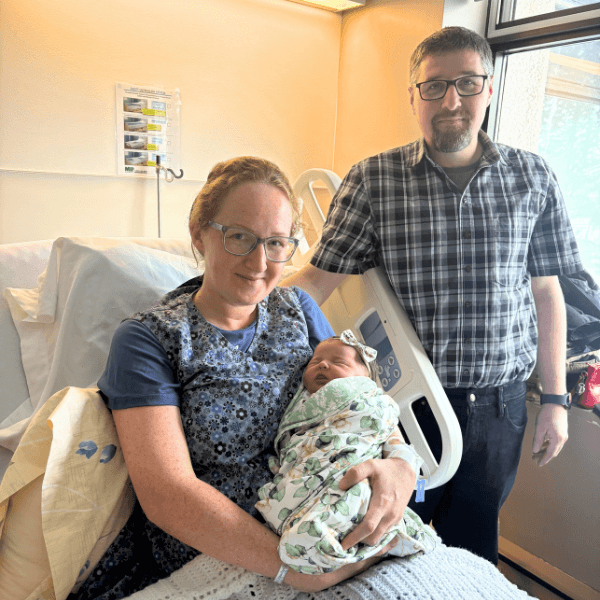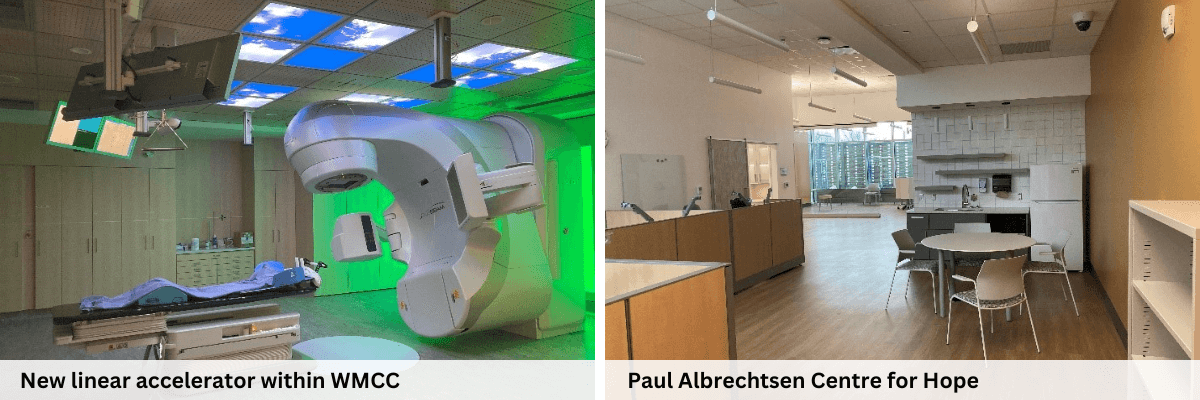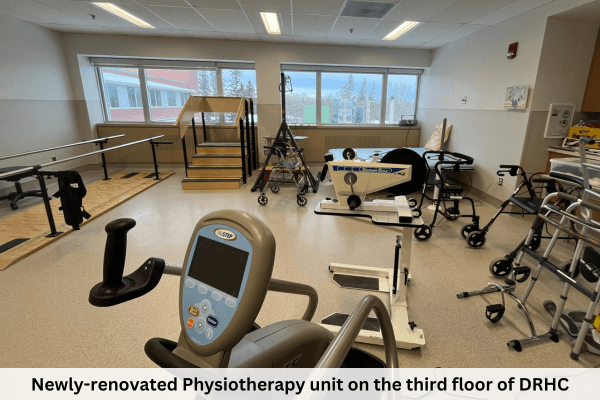Quit Smoking and Vaping in 2025
The start of a new year is the perfect time to commit to change.
In Manitoba, more people are taking steps to quit smoking and vaping, and the numbers are inspiring. As of 2022, 14.1% of Manitobans smoke, down from 25.7% over two decades ago. Quitting is possible, and resources are available to help you become part of this positive trend.
Vaping is increasing in popularity. In Manitoba 7.8% of Manitobans vape, the highest rate in Canada. However, even as vaping rises, 42.4% of people who vape daily have made quit attempts in the last year, showing that many are motivated to stop.
If you’re thinking about quitting, 2025 could be your year!
Free Resources to Help You Quit Smoking or Vaping in Manitoba
You don’t have to do it alone. Manitoba offers many free tools and programs, whether you prefer in-person, virtual, or group support. Find the best option for you and take your first step today.
Great for: Convenient, in-person counselling and financial support for nicotine replacement therapy (NRT).
Offered by: Many community pharmacists, some in languages other than English
Participating Manitoba pharmacies provide personalized quit plans, including up to nine counselling sessions and a $100 subsidy for Nicotine Replacement Therapy products that your pharmacist might advise are right for you. Note: the deadline to enroll is March 31, 2025.
Great for: Virtual one-to-one support.
Offered by: Canadian Cancer Society
A free, confidential service offering phone coaching with a Quit Coach, text support for motivation, and access to an online community with tools and personalized quit plans available in multiple languages.
Great for: Culturally tailored support for First Nation, Inuit, and Indigenous communities.
Offered by: Canadian Cancer Society
Provides free, confidential, and culturally appropriate support and information about quitting smoking or vaping, designed with input from Indigenous leaders and community members.
Great for: People who are ready to quit smoking or vaping in the next 30 days! Convenient, in-person support and financial aid for NRT.
Offered by: Shared Health Manitoba
Offers counselling sessions for low-income patients with a health professional and a Quit Card redeemable for up to $300 of nicotine replacement medications at any Manitoba pharmacy.
To speak to someone in Prairie Mountain Health call 1-877-509-7852
Great for: Joining a virtual community with regular quit challenges.
Offered by: Manitoba Lung Association
A Facebook Group offering peer support and quit challenges with opportunities to win prizes.
Great for: Preparing to quit.
Offered by: Winnipeg Regional Health Authority
Packing it In is a one-session primer on quitting smoking.
Great for: Staying motivated to quit smoking or vaping.
Offered by: Manitoba Tobacco Reduction Alliance (MANTRA)
An interactive tool that helps you understand the financial and health benefits of quitting, keeping you motivated throughout your journey.
About First Week Challenge
Great for: Short-term commitment with a prize incentive.
Offered by: Smokers’ Helpline
Encourages you to quit smoking for the first seven days of the month, with a chance to win $500, increasing your likelihood of quitting for good.
For more information or to speak to a Registered Nurse about quitting smoking or vaping contact 1-877-509-7852 (toll free) or visit Chronic Disease Education Program – Prairie Mountain Health
Let’s make 2025 your year to quit for good!
